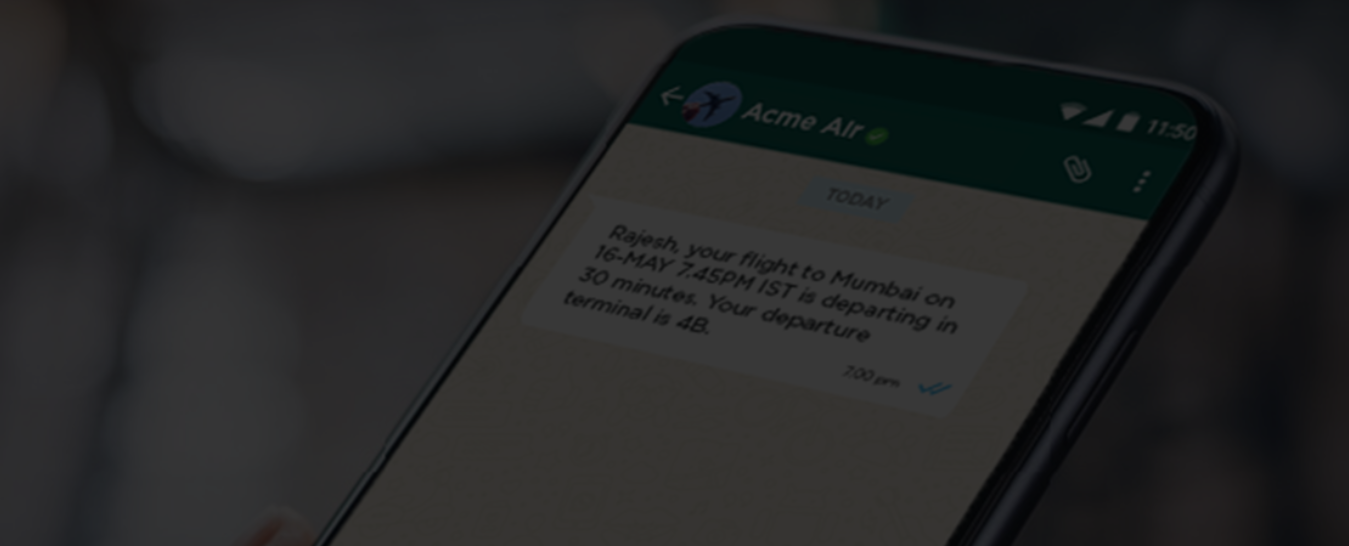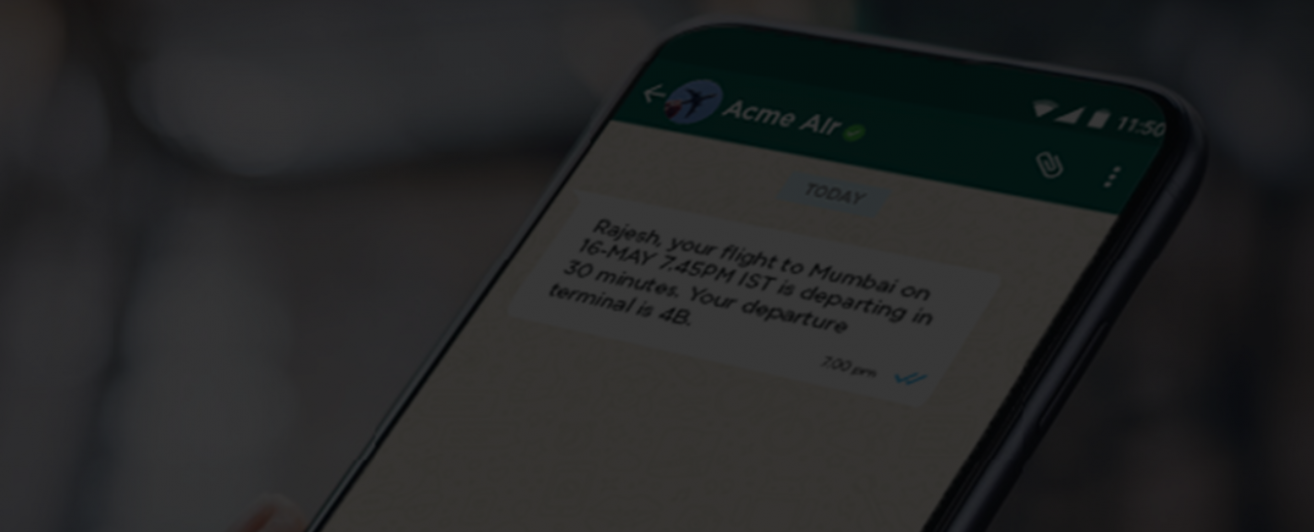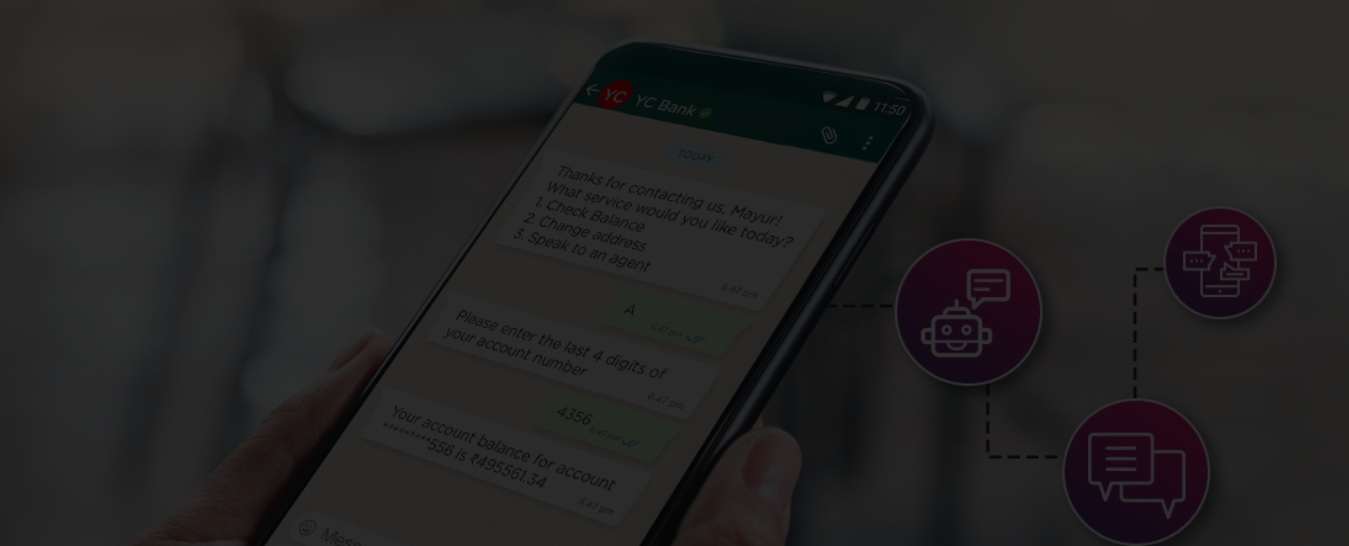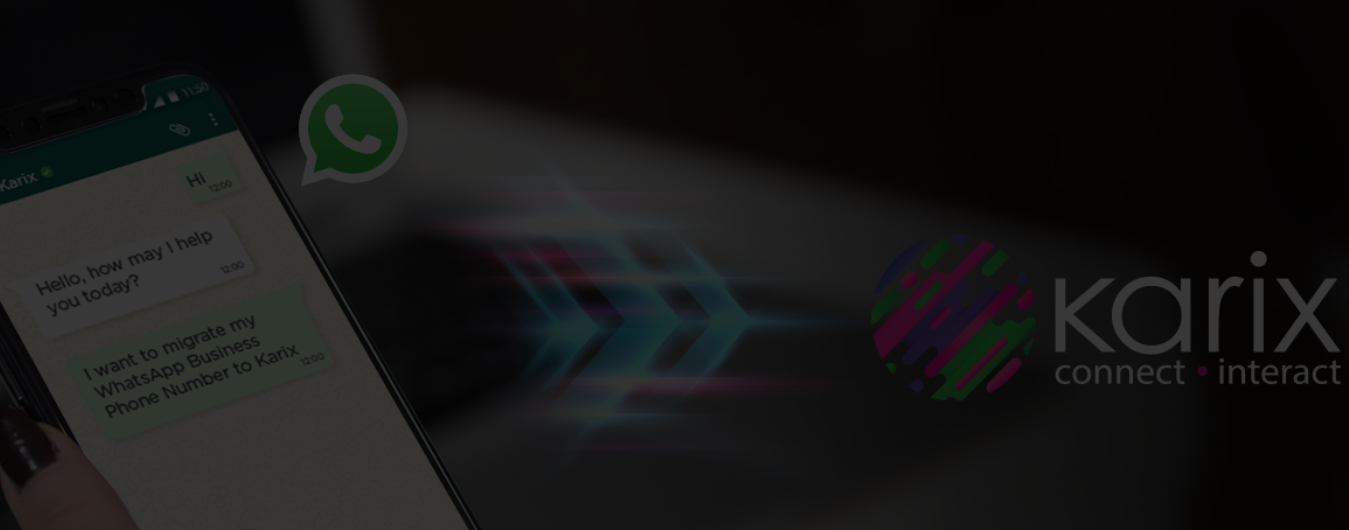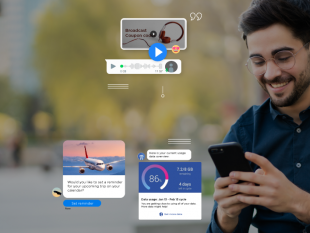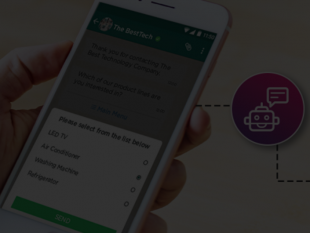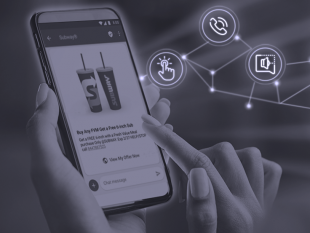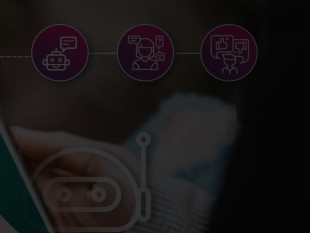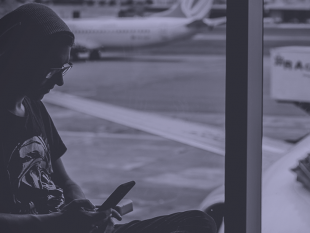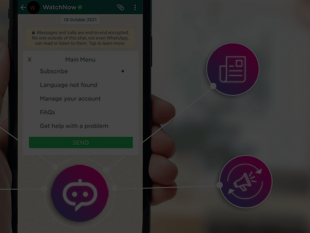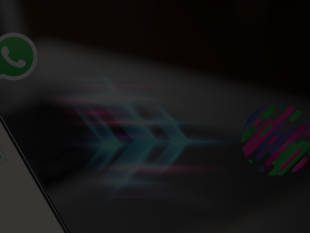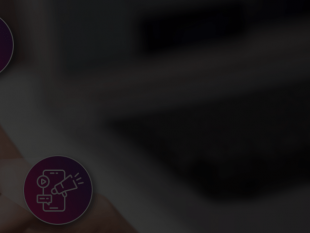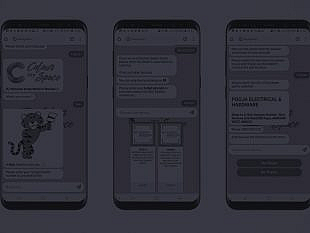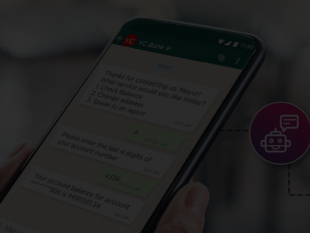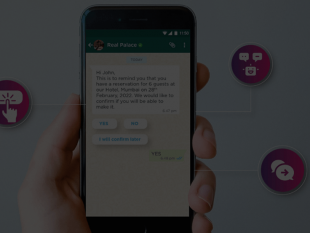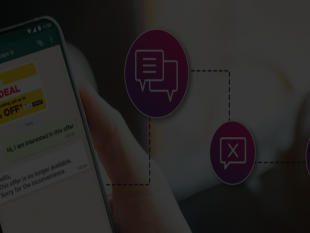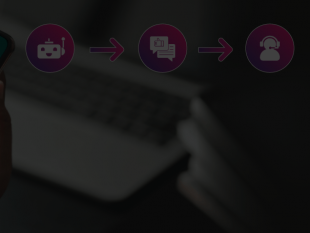It has been a while since WhatsApp revised and introduced a new pricing model for using WhatsApp Business Platform. However, understanding how the new pricing works still remains one of the most frequently asked question by users. Since the new pricing came into effect starting Feb, 2022, the model only goes on to reflect the conversational nature of business-customer relationships more accurately. In this blog, we try to simplify and make it easier for you to understand how conversations initiated on WhatsApp between businesses and users are charged.
Under the new model, the conversations are charged basis who initiated it. Broadly, there are two separate conversation types that are priced differently.
-
User-initiated conversations:
This is when a user initiates a conversation by messaging a business. If a business replies to this message within a 24-hour customer service window, the message will be attributed to a user-initiated conversation.
-
Business-initiated conversations:
When a business messages a user a message outside the 24-hour customer service window, it is counted as a business-initiated conversation. Businesses need a pre-approved message template to initiate such a conversation.
Every conversation is measured within a fixed 24-hour window. The 24-hour conversation window begins when the first message from a business within the conversation is delivered – either initiated by the business itself or as a response to a user message. Within this 24-hour window, any number of messages (including template messages) may be exchanged between the business and the user without incurring any additional charges. Each 24-hour conversation window incurs a single charge.
To further understand how these two conversation types are charged on the WhatsApp Business Platform, let us take a look at some use cases. We will consider a hypothetical customer Rajesh and two fictional businesses – Acme Sport (online fitness store) and Acme Air (airline).
User-Initiated Conversations Use Cases
1. User makes a general customer service request
Rajesh: Hi, I just wanted to confirm that my order for running shoes has been accepted? I did not receive any notifications from the app after my purchase.
Acme Sport: Thanks for contacting us, Rajesh! Your order #6421 for Size 10 Nike Air Running shoes has been accepted and should be at your doorstep shortly!
As soon as Acme Sport’s reply is delivered to Rajesh, it starts a user-initiated 24-hour conversation session. Within this 24-hour window there is no charge for individual messages, encouraging the business to reply to support queries in a timely manner.
Rajesh: Ok, thanks
If Acme Sport continues the conversation after the 24-hour window has ended, they will be charged for a new conversation. Additionally, they will be required to send a message template to start a conversation, and the new conversation will be a business-initiated conversation.
In this use case, Rajesh gets the information he required, and Acme Sport gets charged for one user-initiated conversation.
1. User makes a general customer service request
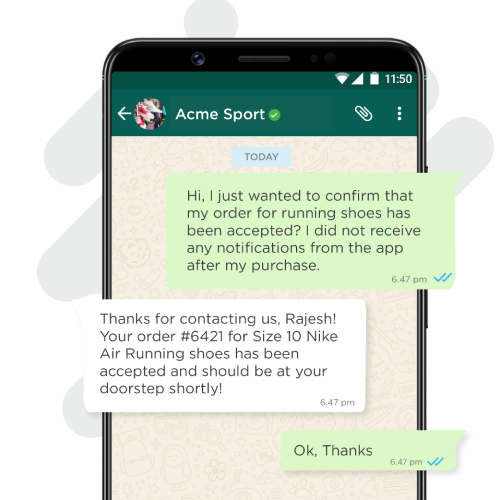
Rajesh: Hi, I just wanted to confirm that my order for running shoes has been accepted? I did not receive any notifications from the app after my purchase.
Acme Sport: Thanks for contacting us, Rajesh! Your order #6421 for Size 10 Nike Air Running shoes has been accepted and should be at your doorstep shortly!
As soon as Acme Sport’s reply is delivered to Rajesh, it starts a user-initiated 24-hour conversation session. Within this 24-hour window there is no charge for individual messages, encouraging the business to reply to support queries in a timely manner.
Rajesh: Ok, thanks
If Acme Sport continues the conversation after the 24-hour window has ended, they will be charged for a new conversation. Additionally, they will be required to send a message template to start a conversation, and the new conversation will be a business-initiated conversation.
In this use case, Rajesh gets the information he required, and Acme Sport gets charged for one user-initiated conversation.
2. User initiates a conversation that requires two separate message template replies
Rajesh: Hey just wanted to check when my last order is going to be delivered. I haven’t received it yet.
Acme Sport: Your last order #6421 has been shipped and should be arriving on or before 15th May.
User-initiated conversation begins as soon as Acme Sport’s reply is delivered.
Rajesh: Thanks a lot for the quick response!
Acme Sport (More than 24 hours later): Hi Rajesh! Your order #6421 has been delivered.
Acme Sport sends a message template to tell Rajesh that his order has been delivered outside the user-initiated conversation window, beginning a new business-initiated conversation.
In this case, Acme Sport is charged for one user-initiated and one business-initiated conversation.
2. User initiates a conversation that requires two separate message template replies
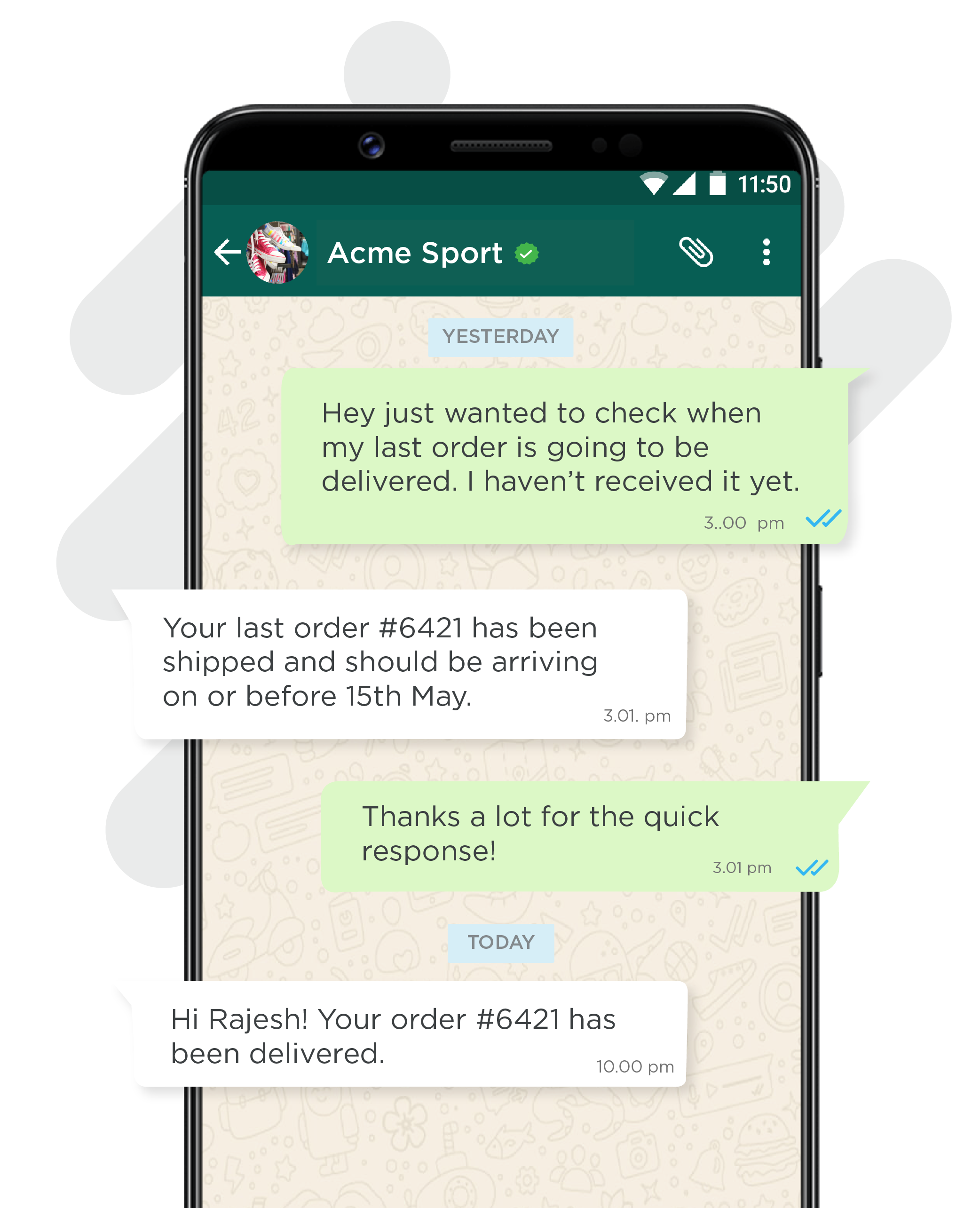
Rajesh: Hey just wanted to check when my last order is going to be delivered. I haven’t received it yet.
Acme Sport: Your last order #6421 has been shipped and should be arriving on or before 15th May.
User-initiated conversation begins as soon as Acme Sport’s reply is delivered.
Rajesh: Thanks a lot for the quick response!
Acme Sport (More than 24 hours later): Hi Rajesh! Your order #6421 has been delivered.
Acme Sport sends a message template to tell Rajesh that his order has been delivered outside the user-initiated conversation window, beginning a new business-initiated conversation.
In this case, Acme Sport is charged for one user-initiated and one business-initiated conversation.
Business-Initiated Conversations Use Cases
1. Business initiates the delivery of notification via message templates
Our fictitious airline, Acme Air has decided to update customers over WhatsApp when flight timings change, or other important updates need to be conveyed. They do this by using a message template.
Acme Air: Hi Rajesh! Your flight to Mumbai on 16-MAY 6.45PM IST has been delayed. Your new departure time is 7.45PM IST.
Acme Air: Hi Rajesh, your flight to Mumbai on 16-MAY 7.45PM IST is departing in 30 minutes. Your departure terminal is 4B.
In this example, Acme Air conveyed a schedule change to Rajesh via a message template and sent a follow-up via another message template within the 24-hour message window. As a result, Acme Air will only be charged for one business-initiated conversation.
1. Business initiates the delivery of notification via message templates
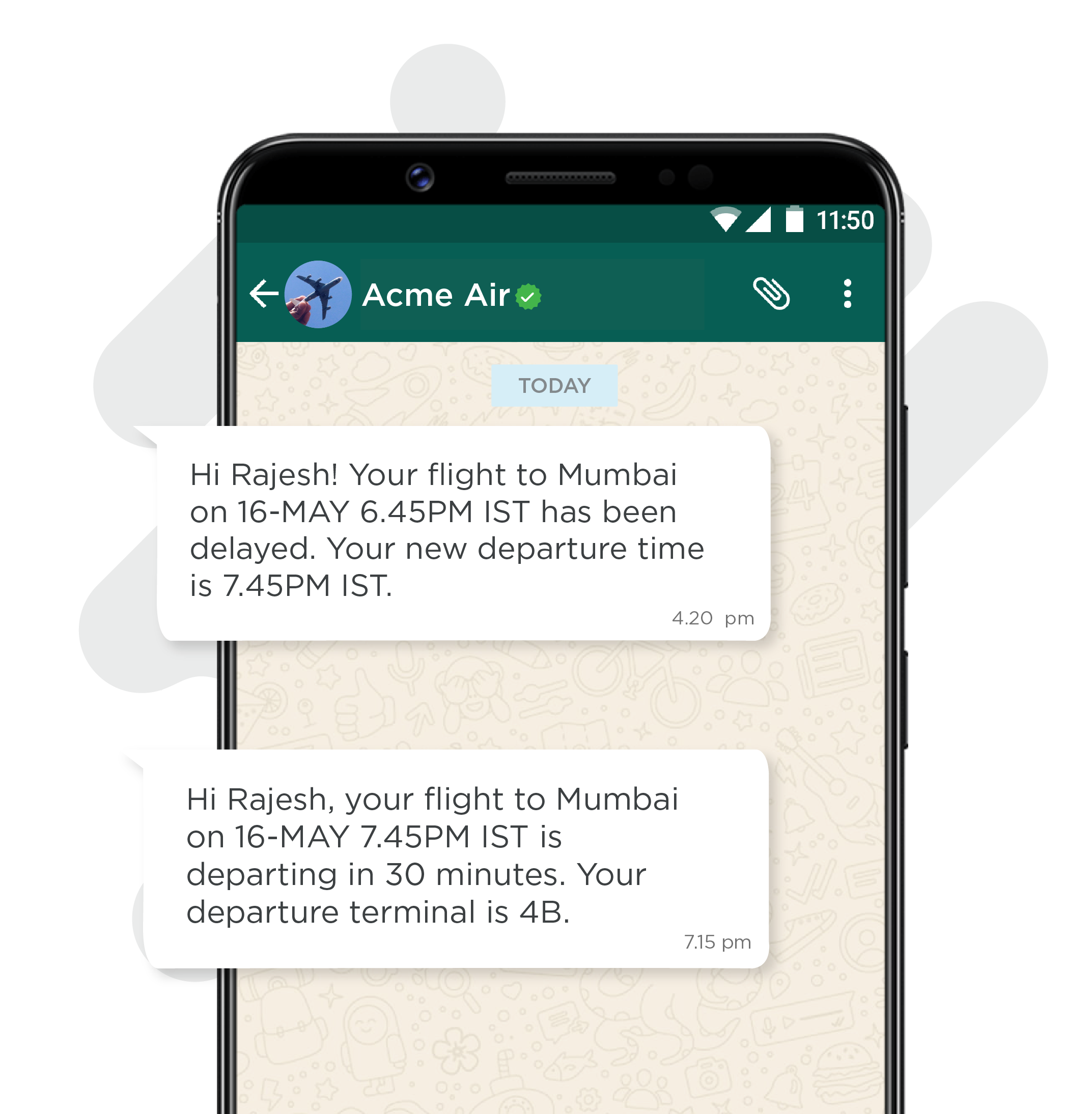
Our fictitious airline, Acme Air has decided to update customers over WhatsApp when flight timings change, or other important updates need to be conveyed. They do this by using a message template.
Acme Air: Hi Rajesh! Your flight to Mumbai on 16-MAY 6.45PM IST has been delayed. Your new departure time is 7.45PM IST.
Acme Air: Hi Rajesh, your flight to Mumbai on 16-MAY 7.45PM IST is departing in 30 minutes. Your departure terminal is 4B.
In this example, Acme Air conveyed a schedule change to Rajesh via a message template and sent a follow-up via another message template within the 24-hour message window. As a result, Acme Air will only be charged for one business-initiated conversation.
Key Takeaways About the New Pricing Model
- Conversations within the new pricing model for the WhatsApp Business Platform will be measured in 24-hour windows or sessions. These sessions are either initiated by the user or the business, leading to different pricing tiers.
- Businesses can send free-form messages to users within the fixed 24-hour conversation window that is initiated after the first business message within the conversation is delivered. If the initial 24-hour window has concluded, the business must send a message template to re-initiate the conversation, which will be charged separately as a business-initiated transaction.
- The first 1,000 messages per month for each WhatsApp Business Account (WABA) are free. Additionally, conversations that are initiated by users who click on a Click-to-WhatsApp ad or a CTA button from a Facebook page are not charged.
- Charges for user-initiated and business-initiated conversations vary depending upon the country or region the account holder is located in.
The new pricing model represents Facebook’s push towards the usage of WhatsApp as a two-way communication tool between businesses and customers, encouraging rapid resolution of customer queries and personalized conversations.
Since conversations are based on 24-hour sessions or windows, businesses need to optimize for speed when dealing with customer support queries over WhatsApp. If your existing support team is barely keeping up with the volume of customer queries, consider partnering with an official WhatsApp Business Solution Provider like Karix to build an AI-powered chatbot solution that can automate the resolution of common customer service queries.
